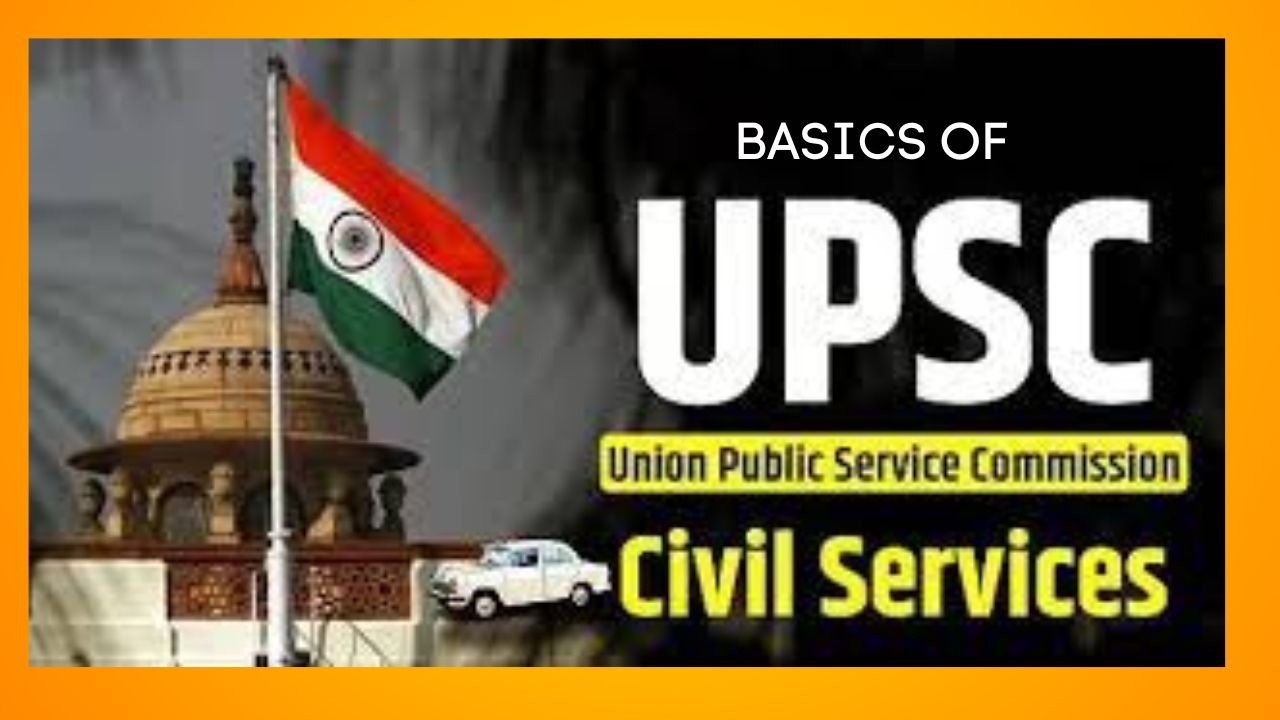
Understanding Student Counselling: Addressing Behavioral Challenges and Promoting Student Well-being
Introduction
Student counselling plays a crucial role in supporting students’ emotional and mental well-being, helping them navigate through various challenges they may face during their academic journey. In this article, we will explore the concept of student counselling, common behavioral problems faced by students, effective counselling methods, and the benefits it brings to students.
What is Student Counselling?
Student counselling refers to a professional service provided by trained counsellors to help students manage their personal, social, and academic challenges. It is a confidential and supportive process that aims to empower students to overcome obstacles, develop coping strategies, and enhance their overall well-being.
Common Behavioral Problems Faced by Students
Students often encounter a range of behavioral problems that can impact their academic performance and emotional health. Some common challenges include:
- Stress and Anxiety: Academic pressures, social expectations, and personal issues can contribute to high levels of stress and anxiety among students.
- Depression and Loneliness: Feelings of sadness, isolation, and low self-esteem can significantly impact a student’s ability to engage in their studies and form meaningful relationships.
- Substance Abuse: Some students may turn to substance abuse as a way to cope with stress or emotional difficulties, which can have detrimental effects on their overall well-being.
- Eating Disorders: Unhealthy relationships with food and body image can lead to eating disorders, affecting both physical and mental health.
- Academic Challenges: Difficulties in time management, study skills, or learning disabilities can hinder a student’s academic progress and confidence.
How to Conduct Student Counselling
Effective student counselling requires a compassionate and empathetic approach. Here are some key steps to conducting successful counselling sessions:
- Creating a Safe and Trusting Environment: Establishing a safe and confidential space allows students to open up and express their concerns without fear of judgment.
- Active Listening: Listening attentively and non-judgmentally helps the counsellor understand the student’s challenges and emotions.
- Empathy and Understanding: Showing empathy and understanding validates the student’s experiences and helps build rapport.
- Identifying Goals and Solutions: Collaboratively setting goals and exploring potential solutions empowers students to take ownership of their well-being.
- Providing Support and Resources: Offering guidance, resources, and referrals to other professionals when necessary ensures students receive comprehensive support.
Methods of Student Counselling
Student counselling can be delivered through various methods, depending on the student’s needs and preferences. Some common methods include:
- Individual Counselling: One-on-one sessions provide personalized support tailored to the student’s specific challenges.
- Group Counselling: Group sessions foster peer support and allow students to share their experiences while learning from one another.
- Online Counselling: Virtual counselling platforms provide convenient access to counselling services, especially for students in remote areas or those who prefer online interactions.
- Workshops and Seminars: Educational workshops and seminars address specific topics such as stress management, study skills, or building resilience.
Benefits of Student Counselling
Student counselling offers numerous benefits that contribute to students’ personal and academic growth:
- Improved Emotional Well-being: Counselling equips students with coping strategies to manage stress, anxiety, and other emotional challenges.
- Enhanced Academic Performance: By addressing academic obstacles and improving study skills, counselling can positively impact students’ academic achievements.
- Increased Self-awareness: Counselling helps students gain a deeper understanding of themselves, their strengths, and areas for personal growth.
- Healthy Relationships: Through counselling, students can develop effective communication skills and build healthier relationships with peers, family, and faculty.
- Improved Decision-making: Counselling assists students in making informed decisions about their academic and personal lives, leading to better outcomes.
Conclusion
Student counselling is a valuable resource that supports students in overcoming behavioral challenges, enhancing their emotional well-being, and achieving academic success. By providing a safe and supportive environment, employing effective counselling methods, and offering various counselling modalities, students can benefit greatly from this essential service.
Learn More
IAS-UPSC Examination: Pattern, Syllabus, and Preparation Guide
Introduction
The Indian Administrative Service (IAS) is one of the most prestigious and sought-after civil service positions in India. Conducted by the Union Public Service Commission (UPSC), the IAS-UPSC examination is a rigorous test of knowledge, aptitude, and leadership skills. In this blog post, we will discuss the examination pattern, syllabus for General Studies (GS) Paper 1 and Paper 2 (also known as CSAT), as well as the psychology syllabus for the mains in IAS. Additionally, we will provide some valuable tips on how to prepare for the IAS-UPSC examination.
Examination Pattern
The IAS-UPSC examination consists of three stages:
- Preliminary Examination
- Main Examination
- Personality Test (Interview)
The Preliminary Examination is the first stage and is divided into two papers: General Studies (GS) Paper 1 and General Studies (GS) Paper 2, also known as the Civil Services Aptitude Test (CSAT). Both papers are objective-type multiple-choice questions.
General Studies (GS) Paper 1
GS Paper 1 is designed to test the candidate’s knowledge in various subjects, including history, geography, economics, polity, science and technology, environment, and current affairs. The syllabus for GS Paper 1 is vast, and candidates are expected to have a comprehensive understanding of these subjects.
General Studies (GS) Paper 2 (CSAT)
GS Paper 2, also known as CSAT, focuses on testing the candidate’s aptitude and analytical skills. This paper includes questions on comprehension, logical reasoning, analytical ability, decision-making, problem-solving, and basic numeracy. It is important for candidates to practice regularly to improve their speed and accuracy in solving these types of questions.
Syllabus for GS 1
The syllabus for GS Paper 1 includes:
- Indian History and Culture
- Indian National Movement
- Indian and World Geography
- Indian Polity and Governance
- Economic and Social Development
- General Science
- Current Events of National and International Importance
Syllabus for GS 2 (CSAT)
The syllabus for GS Paper 2 (CSAT) includes:
- Comprehension
- Interpersonal Skills including Communication Skills
- Logical Reasoning and Analytical Ability
- Decision Making and Problem Solving
- General Mental Ability
- Basic Numeracy
Psychology Syllabus for Mains in IAS
For candidates opting for psychology as their optional subject in the mains examination, the syllabus includes:
- Paper 1: Foundations of Psychology
- Paper 2: Psychology in Human Resource Development
These papers cover various topics such as perception, learning, motivation, personality, intelligence, attitudes, group dynamics, organizational behavior, and human resource development.
How to Prepare for IAS-UPSC
Preparing for the IAS-UPSC examination requires dedication, discipline, and a structured approach. Here are some tips to help you in your preparation:
- Understand the syllabus: Familiarize yourself with the detailed syllabus for each paper and make a study plan accordingly.
- Read newspapers and magazines: Stay updated with current affairs and develop a habit of reading newspapers and magazines regularly.
- Refer to standard books: Consult standard reference books recommended by experts to build a strong foundation in the subjects.
- Practice previous years’ question papers: Solve previous years’ question papers to understand the exam pattern and improve your problem-solving skills.
- Take mock tests: Regularly take mock tests to assess your preparation and identify areas that need improvement.
- Time management: Develop effective time management skills to allocate sufficient time to each subject and revision.
- Stay motivated: Stay positive, motivated, and maintain a healthy work-life balance throughout your preparation.
Success stories:-
25-year-old blind woman from Madurai clears UPSC exams
Ayushi from village -Blind Girl Becomes an IAS Officer
Zapne-Blind girl from Tamil Nadu cracks UPSC exam
Conclusion
The IAS-UPSC examination is a challenging but rewarding journey for those aspiring to serve the nation in administrative roles. By understanding the examination pattern, syllabus, and following a strategic preparation plan, you can increase your chances of success. Remember, consistent effort, perseverance, and a positive mindset are key to cracking the IAS-UPSC examination.
CHECK YOUR UNDERSTANDING AND TAKE THE INTERNNATIONAL STUDENT DAY PARTICIPATION CERTIFICATE-2023
INTERNATIONAL STUDENTS’ DAY CELEBRATIONS
DOWNLOAD RESOURCES
click to download resources for ias-upsc
Learn More
